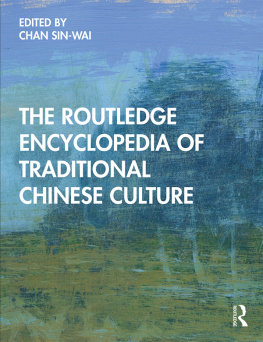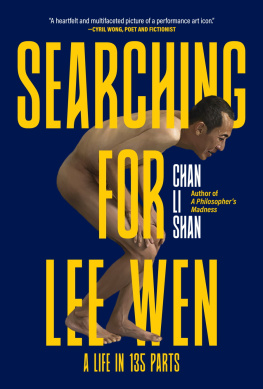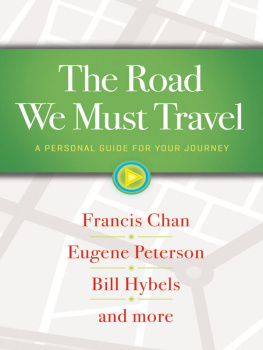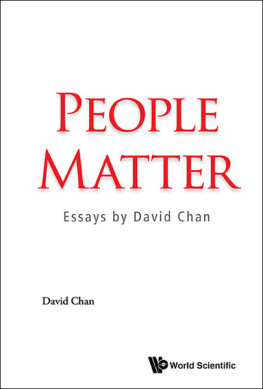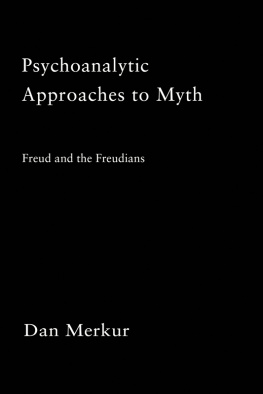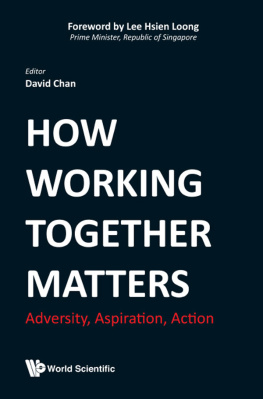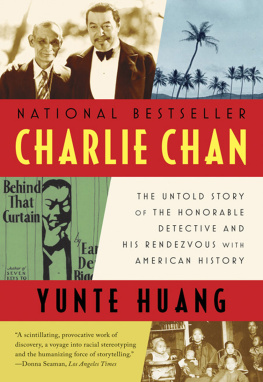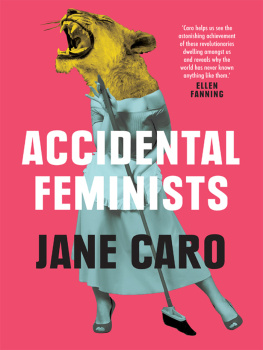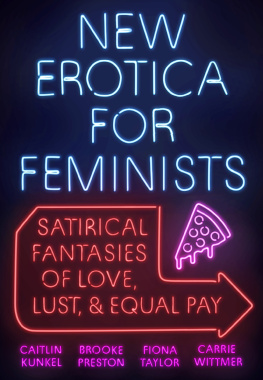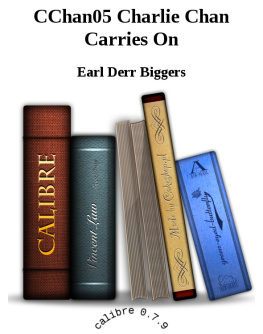Freudians and Feminists
New Perspectives in Sociology
Charles Tilly and Scott McNall
Series Editors
Freudians and Feminists, Edith Kurzweil
Exceptions Are the Rule: An Inquiry into Methods in the Social Sciences, Joel H. Levine
FORTHCOMING IN 1995
Criminological Controversies, John Hagan, A. R. Gillis, and David Brownfield
Postmodernism, David Ashley
Immigrants in America's Future , David M. Heer
Work and Labor Markets, Chris Tilly and Charles Tilly
Rise and Demise: The Transformation of World Systems, Christopher Chase-Dunn and Thomas Hall
Contact Westview Press for information about additional upcoming titles.
Freudians and Feminists
Edith Kurzweil
First published 1995 by Westview Press, Inc.
Published 2018 by Routledge
52 Vanderbilt Avenue, New York, NY 10017
2 Park Square, Milton Park, Abingdon, Oxon OX14 4RN
Routledge is an imprint of the Taylor & Francis Group, an informa business
Copyright 1995 Taylor & Francis
All rights reserved. No part of this book may be reprinted or reproduced or utilised in any form or by any electronic, mechanical, or other means, now known or hereafter invented, including photocopying and recording, or in any information storage or retrieval system, without permission in writing from the publishers.
Notice:
Product or corporate names may be trademarks or registered trademarks, and are used only for identification and explanation without intent to infringe.
Library of Congress Cataloging-in-Publication Data
Kurzweil, Edith.
Freudians and feminists / Edith Kurzweil.
p. cm.(New perspectives in sociology)
Includes bibliographical references and index.
ISBN 0-8133-1420-8 (hc.).ISBN 0-8133-1421-6 (pb.)
1. Psychoanalysis and feminism. 2. Feminist psychology.
3. FeminismHistory. 4. Freud, Sigmund, 18561939. I. Title.
II. Series: New perspectives in sociology (Boulder, Colo.)
BF175.5.F45K87 1995
150.19'52'082dc20 94-39464
CIP
ISBN 13: 978-0-367-00459-0 (hbk)
In this book I continue to explore the influence of Freud's ideas, which I traced in The Freudians: A Comparative Perspective (1989b). But this time I concentrate on the consequences of the belief in psychic liberation on the consciousness and lives of Western (mostly American) women. I focus on those components of psychoanalysis that have been important in influencing feminist thought and thus have helped enhance women's status and enabled them to enter a variety of occupations and professions that until twenty-five years ago were closed to them. Hence I am extending my earlier argument that traces the ebb and flow of the application and incorporation of Freud's ideas, and their effect, on a succession of feminists and their opponentsas well as the impact of feminist concerns on the theories and therapies of psychoanalysis.
To that end it is necessary to constantly keep in mind that Freud firmly believed that human nature is universal and, at the same time, that each individual's life has its unique history. Thus I start out by relating Freud's assumptions to his Zeitgeist and his reactions to some of the mores and beliefs of fin de sicle Vienna. I then go on to summarize his major ideas about the female personality and to outline the evolving theories and their innumerable transformations up to the present. Essentially, I demonstrate the specific contexts in which feminist movements arose and functioned and why these sometimes enthusiastically endorsed Freud's concepts and at other times relegated all of psychoanalysis to the dustbin of history. Still, whether feminists tried to answer Freud's question, "What does a woman want?" or laughed at the notion of penis envy as a product of fin de sicle Vienna, they all eventually addressed the biological differences between the two sexes. I look at the ways feminists have come to terms with these differences and at the consequences of their assumptions and solutions.
I could choose no more than some examples among the myriad works about the female psyche by Freudians and feminists, and by their supporters and detractors in academe, to typify the succession of trends and emphases. My sociological training itself led me to focus on why at certain moments specific theoretical or therapeutic details became attractive and why some of these soon were discarded. Therefore, I read many of the thousands of contributions by psychoanalysts on questions of therapy in order to assess them in relation to general, social concerns. But I stayed away from therapeutic issues themselves and from those that deal with the ultimate role of therapy primarily to help patients adjust to or change their lives. I put aside psychoanalysts' speculations about social influences on the psyches of their "cases" and feminists' allegations that some Freudians set out to adapt their patients to patriarchal conditions.
When I began to analyze my data, I found strong differences among feminists who kept their feet on empirical ground (the First Wave) and those who in one form or another followed up on Jacques Lacan's "rereading" of Freud (the Second Wave). Together these two stages of the American feminist movement helped alter not only the lives of women but the entire social fabric.
Inevitably, I had to confront the growing influence of modernism and so-called postmodernism on both Freudians and feminists and the consequences of both "movements." Because of the current popularity of my subject in the humanities and among publishers, I had to narrowly limit my topic, to leave out many writers as well as topics sparked by the women's movement, such as the impact of psychoanalysis on gay and lesbian studies, on issues of legal rights, and on abortion.
Some feminists will deem this book too evenhanded, and others will criticize me for my sociological slant. Some Freudians will look in vain for "therapeutic" considerations. However, I wrote on this topic because I am partial to both the sociological and the Freudian view and because I am frustrated by the tunnel vision of some of the advocates of feminism and by the hermeneutic bent of some Freudians. That is why I have aimed to be polemical, to open up debates among so-called traditionalists and postmodernists as well as among the members of different Freudian and feminist groups. Ultimately, I hope that my readers will pay more attention than previously to the ways in which both psychoanalytic and feminist principles have become ubiquitous and have furnished us with many by now accepted values. That these values themselves continue to fluctuate in response to cultural fashions has become a truism. But the moments when intellectual trends shift, and the specific winds that propel them, are determined not only by the social construction of reality by feminists and Freudians but also by the degree to which they are judged central or marginal by their fellow citizens. This intricate interaction, which reaches to all of intellectual activity, is the subject of this book.
I want to thank the editors of Westview Press, Dean Birkenkamp and Connie Oehring, for their expert assistance; the series editors, Scott McNall and Charles Tilly; and the anonymous readers for their comments on earlier versions.
I could not have written this book without the help of the librarians at the Freud Archives, Library of Congress, Washington, D.C.; Maria Arkagelitis at the Brill Library of the New York Psychoanalytic Institute; and the late Eric T. Carlson at the Oskar Diethelm Historical Library at the Payne Whitney Psychiatry Clinic, New York.




